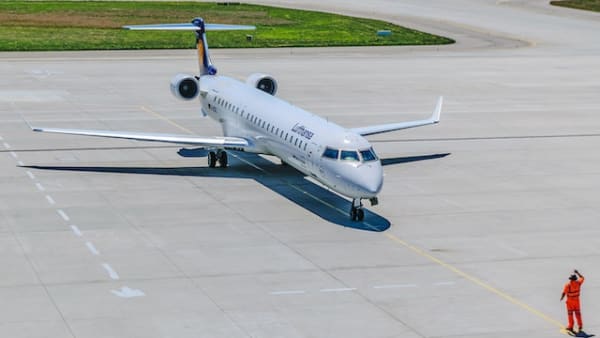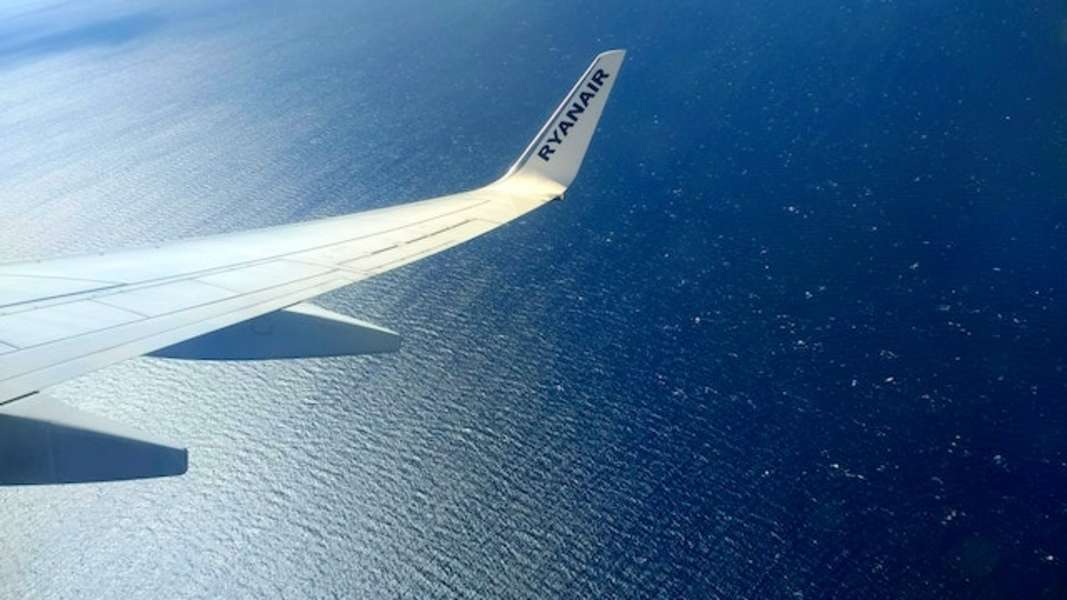The Allure of Airline Pilot Life
For those wishing to travel the world, the role of a pilot is a very alluring career path. Pilots have the privilege of experiencing a world above the skies like few others do.
The role embodies a sense of adventure, freedom, and personal growth. Pilots face the constant challenge of mastering their craft, making split-second decisions, and adapting to ever-changing conditions. They possess a unique skill set, combining technical knowledge with a keen understanding of weather patterns, navigation systems, and communication protocols.
The aviation community is a close-knit family bound by a passion for flight. The camaraderie among pilots is well known. Pilots come from diverse backgrounds and cultures, yet they share a common language and mutual respect for one another.
While becoming a pilot may require dedication and perseverance, those who embark on this journey are rewarded with a life filled with adventure, breathtaking views, personal growth, and a connection to a close-knit community.
The Pros of Airline Pilot Life
Being a pilot can be an exciting and fulfilling career choice. Here are five pros of being a pilot:
Opportunity To Travel
Pilots can travel to various destinations around the world. They can explore different cities and experience new cultures, whether domestically or internationally.
Dynamic Work
Flying an aircraft requires skill, knowledge, and constant decision-making. From handling different weather conditions to managing complex flight operations, pilots continually learn and develop their skills. Pilots are constantly faced with new challenges and scenarios, which keeps the work dynamic and interesting.
Competitive Salary and Benefits
The aviation industry offers pilots competitive salary packages and benefits. The earning potential for experienced pilots is often relatively high, with the potential for additional income through bonuses and allowances.
Benefits such as health insurance, retirement plans, and travel perks such as free flights for themselves and family members are also commonly provided, making it a financially rewarding career.
Job Satisfaction and Prestige
Flying an aircraft is often seen as an impressive and prestigious occupation.
Pilots often experience a sense of pride and accomplishment in their work, knowing they are responsible for safely transporting passengers or cargo. The satisfaction of completing a flight, overcoming challenges, and ensuring the safety of everyone on board can be incredibly rewarding.
Career Growth
The aviation industry provides opportunities for professional growth and advancement. Pilots can progress through different ranks and gain experience in various aircraft types. They can pursue additional certifications and ratings to expand their skill set and open up new career opportunities.
The continuous learning and improvement required in aviation contribute to personal and professional development.
The Cons of Airline Pilot Life
While being a pilot is an exciting career for many, some drawbacks are associated with the profession.
Irregular working schedule
Pilots have irregular work schedules, including early mornings, late nights, weekends, and holidays. The nature of the job requires pilots to be flexible and adapt to changing flight schedules, which can lead to a disruption of personal life and relationships.
Frequent time zone changes and jet lag can also take a toll on physical and mental well-being.
High levels of stress and responsibility
Pilots bear significant responsibility for the safety of passengers and crew. They must make critical decisions in high-pressure situations and ensure the smooth operation of the aircraft.
The job requires staying focused and alert for long periods, which can be mentally and physically demanding.
Extensive training requirements
Becoming a pilot involves undergoing rigorous training, which can be both time-consuming and expensive. Pilots must accumulate many flight hours before obtaining the qualifications for different types of aircraft.
Once qualified pilots are required to keep up with ongoing training, which can add further stress to the role.
Frequent time away from home
Pilots often spend significant time away from their families and homes. Due to their flight schedules, they may be required to stay overnight in different cities or countries.
This can result in a lack of stability and make it challenging to maintain a work-life balance or spend quality time with family.
Making an Informed Decision about Your Career Path
Making an informed decision about your career path as a pilot means weighing up the pros and cons of pilot life. This is a crucial step to take before committing to the extensive and ongoing training required to be and continue to be a pilot.
If you enjoy traveling and experiencing different cultures, this career offers a unique opportunity to do so. For those with a passion for aviation and flying, being an airline pilot allows you to turn your passion into a fulfilling career. Despite occasional downturns in the aviation industry, airlines require a consistent supply of pilots to meet the needs of their operations, providing a certain level of job security.
It is important to balance these factors with the realities of pilot life. The irregular working hours and extended shifts mean pilots work weekends. This can disrupt personal and social lives. Pilots are often away for several days or weeks, impacting relationships and family life.
Ultimately, the decision to pursue a career as an airline pilot depends on your passion for aviation and your willingness to adapt to an unconventional lifestyle.
The level of family support available and your ability to handle the demands and challenges of the profession are also essential factors to consider when deciding whether this is the right career for you.
Top airlines to work for as a pilot
Several airlines are often recognized as top employers in terms of compensation, benefits, and working conditions. It's important to take into account individual preferences, such as where an airline is based.
Here are a few airlines that have been known for providing favorable working environments:
Emirates: Emirates, based in Dubai, is often regarded as one of the best airlines to work for. They offer competitive compensation packages, attractive benefits, including accommodation and health coverage, and excellent training programs. Emirates is known for its modern fleet and extensive global network.
Singapore Airlines: Singapore Airlines is renowned for its high service standards and has been consistently recognized as one of the world's top airlines. They offer competitive salaries, comprehensive benefits, including discounted travel, and excellent career progression opportunities. Singapore Airlines is known for its commitment to employee development and maintaining a positive work environment.
Qatar Airways: Qatar Airways, based in Doha, is an airline often praised for its employee benefits and working conditions. They provide competitive salaries, tax-free income, accommodation, and transportation allowances. Qatar Airways also offers various employee wellness initiatives and career advancement opportunities.
Cathay Pacific: Cathay Pacific, based in Hong Kong, is known for its strong commitment to employee welfare. They offer competitive compensation, comprehensive benefits packages, and flexible working arrangements. Cathay Pacific strongly emphasizes employee development and provides opportunities for career growth within the organization.
Virgin Atlantic: Virgin Atlantic, based in London and Manchester, is part of the Virgin Group, is known for its unique corporate culture and employee-friendly policies. They offer competitive salaries, discounted flights, and attractive benefits. Virgin Atlantic is often recognized for its commitment to work-life balance and employee well-being.
British Airways: British Airways, based in London, is one of the world's largest and most recognized airlines. It has a long-standing history and a strong reputation in the aviation industry. Working for British Airways offers a range of benefits and opportunities, such as discounted and free flights for staff and their families, healthcare benefits, retirement plans, and travel-related perks.






